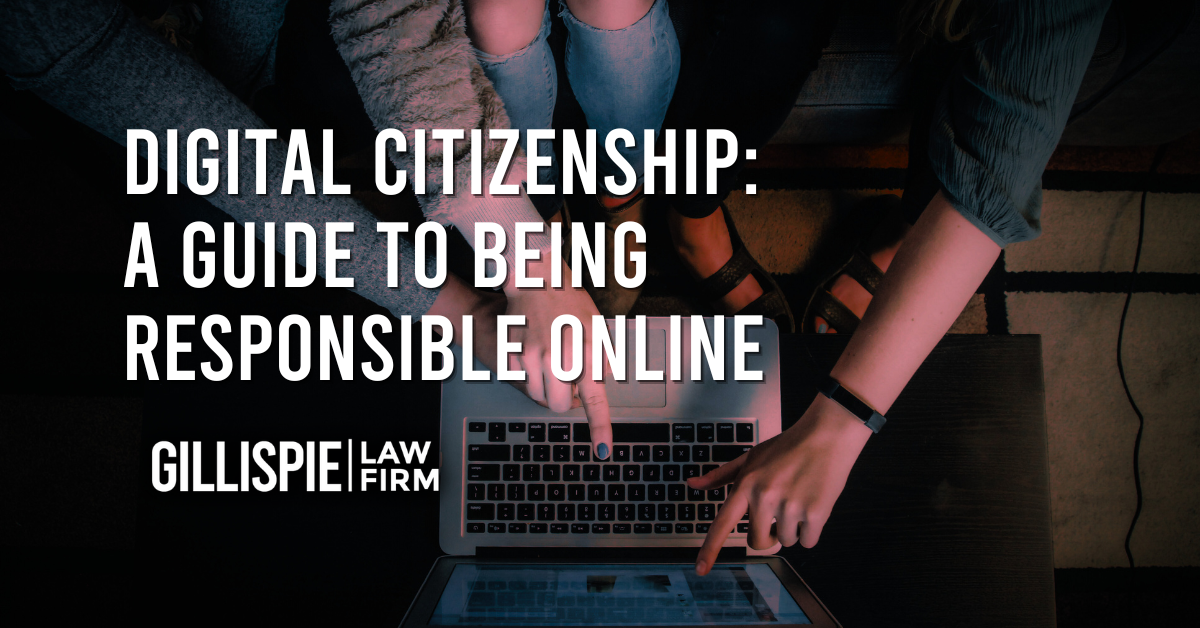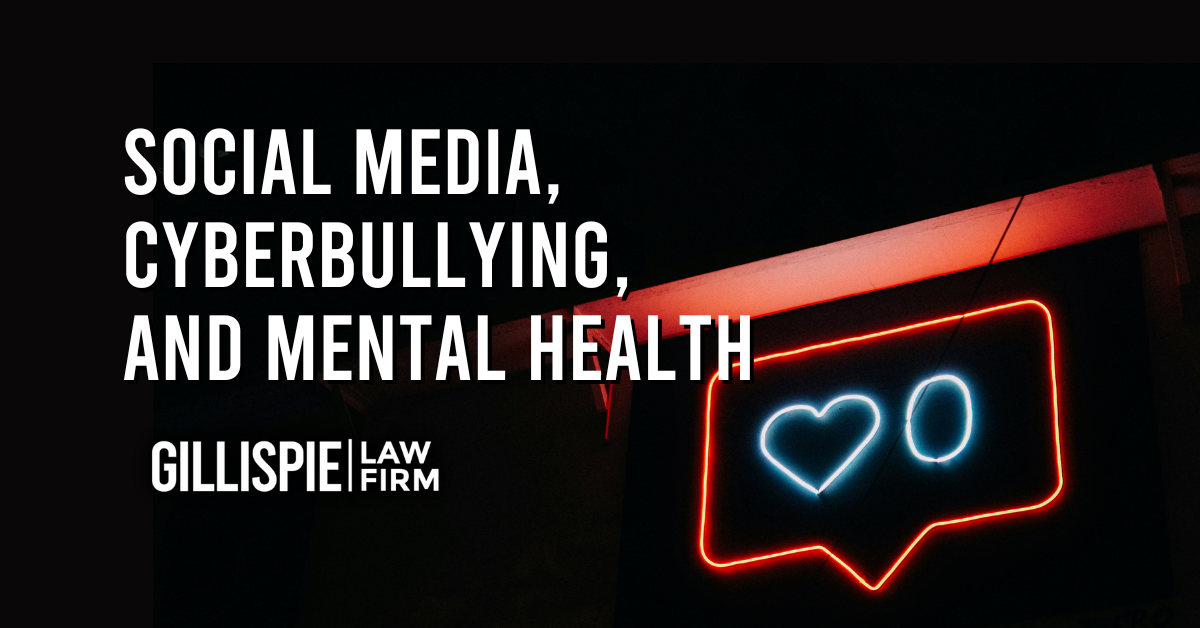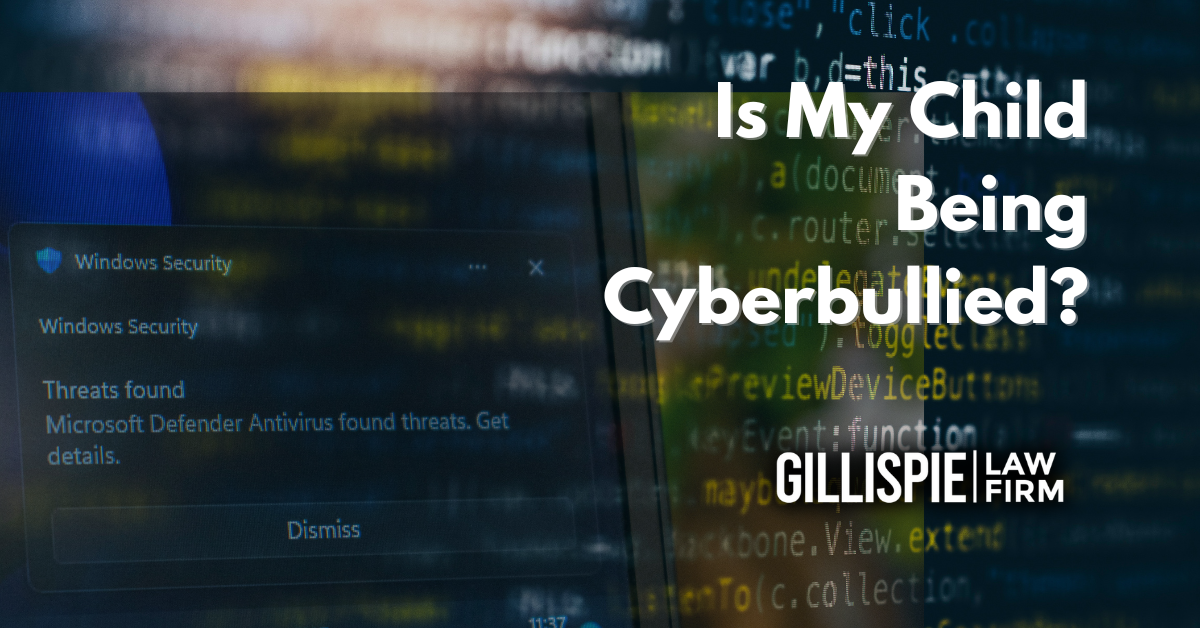More Steps for Protecting Your Child Against Daycare Abuse
In a previous article, we discussed essential steps for parents to keep their children safe from daycare abuse. Trusting your child’s care to mostly unfamiliar people can be a tough decision. However, many parents have no choice but to send their children to daycare due to work commitments. We, as parents, rely on recommendations and expect daycares to follow strict rules. Still, it’s vital to understand that even well-recommended daycares can have hidden problems. Here we’ll provide additional steps to help you protect your child from daycare abuse.
- Check for an Open-Door Policy: Ensure that the daycare center allows parents the freedom to come and go without restrictions. Facilities that require parents to call ahead and have restricted areas should raise concerns. Access to your child should never be limited, and any facility that does so should be avoided.
- Understand the Daycare’s Bathroom Policy: Investigate the daycare’s bathroom arrangements to ensure there are no areas where children can be isolated. Inquire about who accompanies the children to the bathroom, the purposes, and the timings. It’s alarming to note that approximately two-thirds of all daycare sexual abuse and exploitation incidents occur during toileting.
- Evaluate Staff Training: Ask about the education and training levels of all daycare personnel who interact with your child. Inquire about their background checks for criminal history, emotional stability, and substance abuse. It’s essential to be aware that volunteers or teacher’s aides may not undergo rigorous screening, and abuse can result from hiring process failures. In Arkansas, daycare directors need to be certified through the state and meet minimum education requirements. Daycare staff must be over the age of 18 and have/or be pursing a high school diploma/GED. Additionally, they also must undergo 10 hours of childcare education workshops or courses a year.
- Visitor Policy: Determine whether the daycare permits outside visitors who do not have children enrolled in their program. Many cases of sexual and physical abuse and exploitation in childcare centers involve individuals not directly responsible for teaching or child-care, such as bus drivers, janitors, or relatives of daycare center providers. Ensure caregivers limit your child’s contact with such individuals, and don’t hesitate to ask your child about any interactions with them.
- Discipline Policy Discussion: Engage in a thorough discussion with the daycare provider about how they handle discipline for children. Inquire about who administers discipline, the circumstances under which it’s used, and the forms it takes. Regularly talk to your child about their experiences at the daycare, paying close attention to any punishments, circumstances, or incidents that made them uncomfortable and report any suspicious bruises or injuries you find on your child.
All things considered, ensuring your child’s safety in daycare involves vigilant oversight and communication. By taking these additional precautions, you can help protect your child from daycare abuse, from other potential risks, and ensure their well-being while in the care of others.



